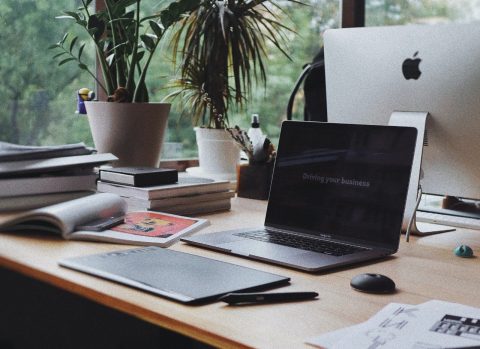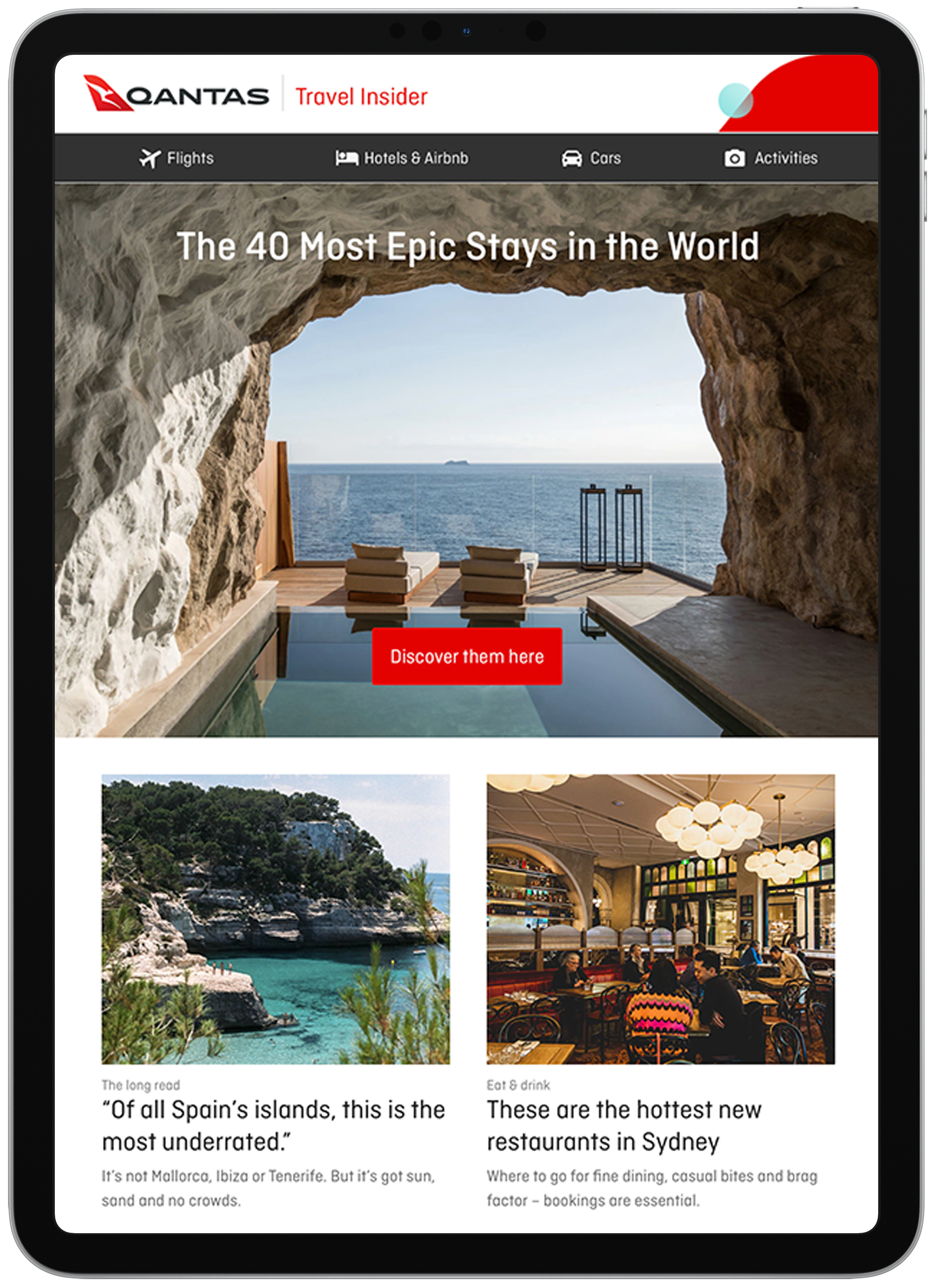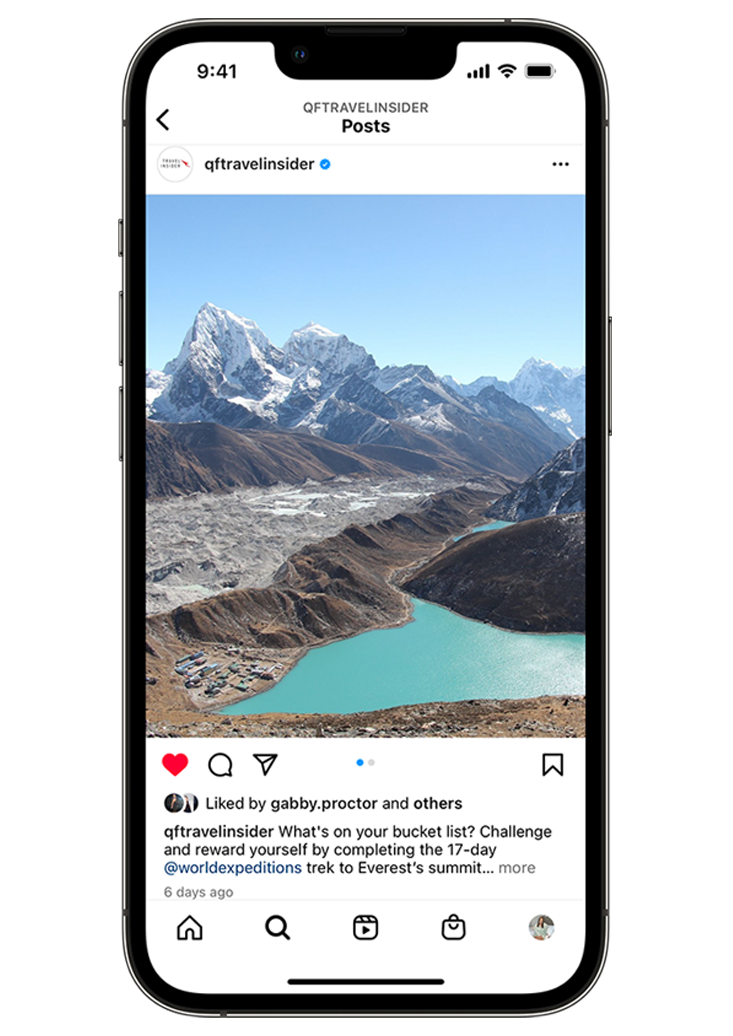5 Minutes With Chef Adam Liaw

The lawyer turned acclaimed cook, author, television presenter and UNICEF Australia national ambassador for nutrition has stayed true to his beliefs, even when they’re controversial. It has served him well.
My first paid job was at the Formula One Grand Prix when it used to be in Adelaide. It ran past my school. I might have just turned 14 and I was walking around for four days selling ice-creams and soft drinks in 40°C heat. It was backbreaking work. It taught me that work is hard – you don’t just turn up, do a few things, get some money and skip off into the distance.
My first significant setback came when I was working for Disney in Tokyo. I was 25-ish and I wanted a promotion to become the youngest member of the executive leadership team ever. I didn’t get the role and couldn’t understand why. It really hurt. It seems stupid now but at the time I was so confident and cocky about my abilities. My mum really helped me. She said you can be furious, you can quit and go somewhere else, or you can say, “I’ll try for it next time.” I got it a year later. It was good advice.
The first board I sat on was the Australia-Japan Foundation. It wasn’t something that came naturally to me. I’m more of a quiet observer so I had to learn that if I’ve got something to say, that’s what I’m there for, rather than just to absorb information. You have to be part of the decision-making process. It’s about speaking up, giving your views and defending them without necessarily being confrontational.
The first time I used my platform for purpose was in my work with UNICEF. My mother has been involved in not-for-profit, charity and missionary work for a long time and my sister is a medical missionary so there was a lot of purpose in the way I was brought up. You can be a target, particularly on some issues [Liaw has been vocal in his support for the children of Gaza], but if you believe in something and you work through your decision-making intelligently, even if it’s a hard thing to do, you probably still have to do it.
The first time I had to deal with public criticism was the day after I won MasterChef [in 2010]. No matter how lovable you think you are or how positive, there are going to be people who detest every fibre of your being for some reason. When you’re looking at messages from millions of people saying they’re happy for you and they love watching you on TV, then four or five from people who absolutely hate you, it’s easy to get hung up on those four or five and ignore the millions. Understanding who you actually are is an important part of the human experience.
Defining moment
“Three days after my last law school exam – I hadn’t formally graduated – I got a temporary job at Finlaysons, [one of] the biggest and best law firms in Adelaide. They were flying 50 partners in every week from the eastern states because the entire firm was working on an enormous deal. I was 21 and I felt like such a fraud being in this really competitive, professional environment. I put everything into the first task I was given and through the various chains of command it went to a partner. I remember that partner saying, ‘Who’s done this work? It’s amazing!’ It made me feel like I wasn’t a complete fraud and maybe I can do it.”

Start planning now
SEE ALSO: "How I Travel" With Chef and Author Julia Busuttil Nishimura


